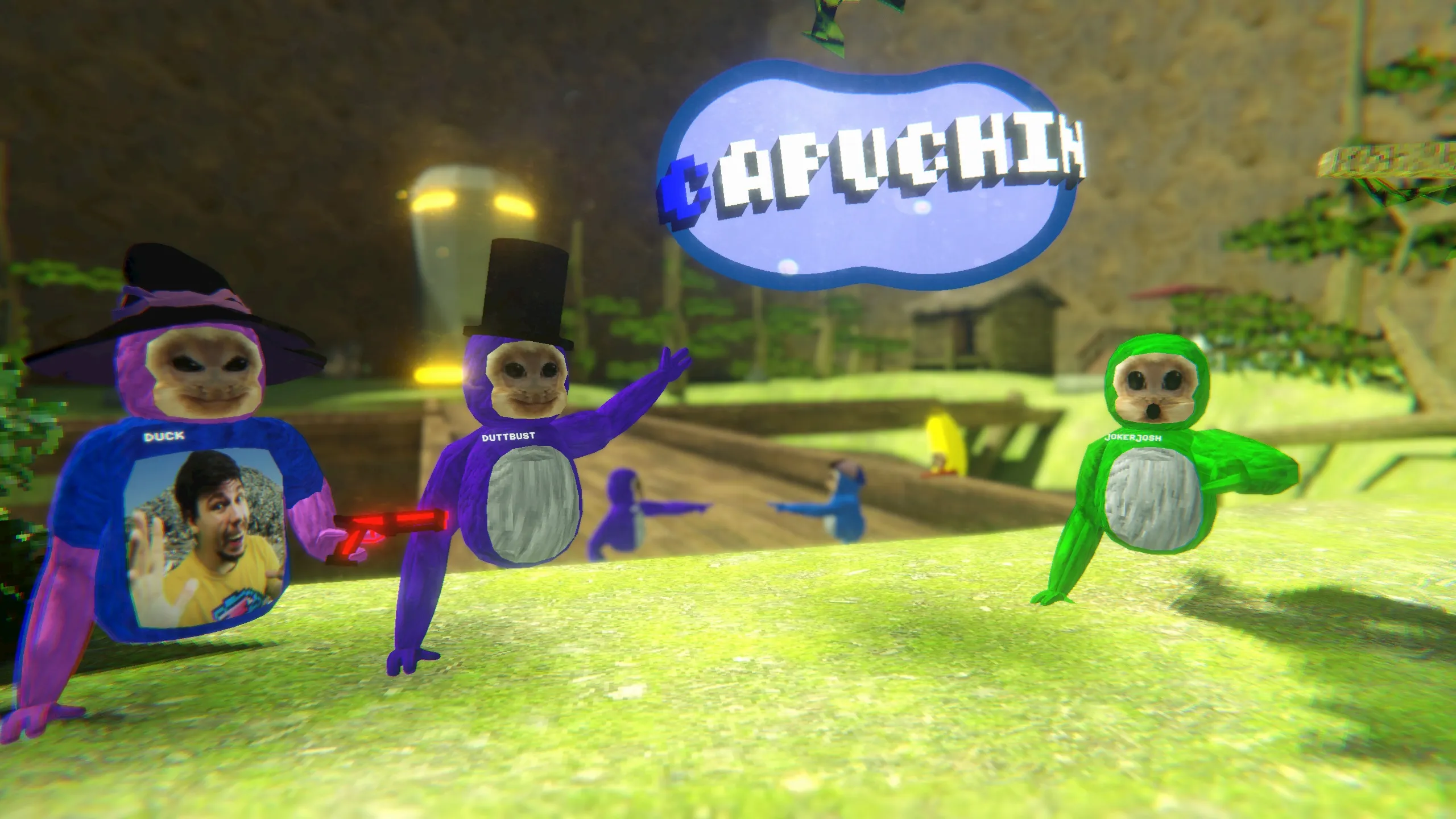The Impact of Gaming Addiction Lawsuits on Young Developers: A Spotlight on Capuchin

Feature Gaming News on a Lawsuit Against a Young Developer
A recent wave of lawsuits has targeted major video game companies over allegations of intentional video game addiction. Among these, the case against 14-year-old James Napier, developer of Capuchin, raises crucial questions about the responsibilities of both small and large game creators. Activision Blizzard, Epic Games, and Nintendo are just a few of the giants accused of exploiting addictive game mechanics to maximize profits.
Examining the Allegations
According to the lawsuits, these games are crafted with the assistance of behavioral psychologists and neuroscientists. The aim? To ensure players remain engaged and spend more. Napier’s creation has drawn scrutiny alongside these industry titans, emphasizing the broader implications for independent developers.
- Capuchin’s Popularity: Released in 2022, Capuchin gained thousands of concurrent players, shocking Napier as he finds himself amid a lawsuit alongside billion-dollar companies.
- Parental Concerns: The lawsuits highlight significant impacts on minors, such as mental health issues, raising alarms that resonate beyond gaming enthusiasts.
Where Does This Leave Young Developers?
Young creators like Napier are caught in a complex web, with many aspiring developers now questioning the ethics of game design. Capuchin, born from a desire to fill gaps in existing games, faces an uphill battle against public perception.
This article was prepared using information from open sources in accordance with the principles of Ethical Policy. The editorial team is not responsible for absolute accuracy, as it relies on data from the sources referenced.